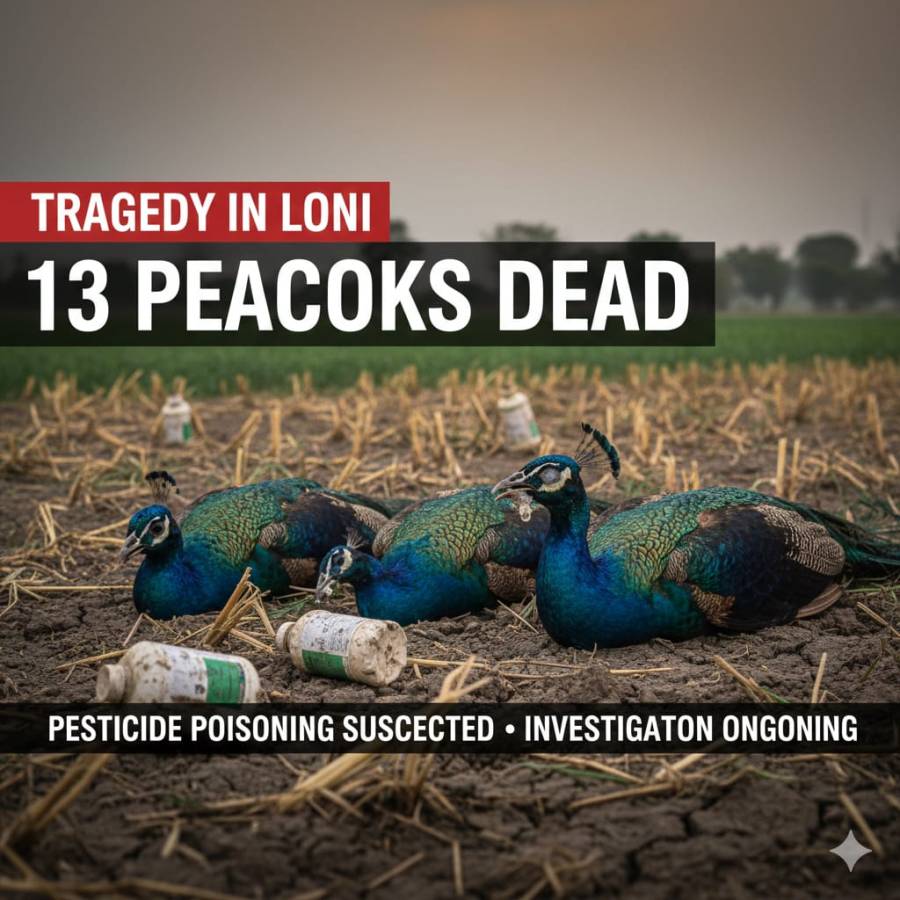
France, a nation once iconic for its café culture and smoke-filled boulevards, is setting a new tone for public health. In a landmark move, the government has announced a ban on smoking in over 3,000 outdoor public areas including beaches, parks, forests, and school zones. The aim is to protect children, reduce passive smoking, and create cleaner, healthier communal spaces.
The initiative was unveiled by Health Minister Aurélien Rousseau, who emphasized that the new rules are about shielding vulnerable groups from second-hand smoke and shifting public spaces toward a smoke-free culture. While France has long banned smoking inside restaurants and bars, this is the first time such comprehensive restrictions are being imposed outdoors.
Alongside this decision, the French government will raise cigarette prices. A pack will soon cost at least 12 euros, with plans to hike it to 13 euros by 2025. France already has some of the highest cigarette prices in Europe, and officials hope that higher costs, combined with public restrictions, will discourage smoking—especially among youth.
The smoking rate in France remains one of the highest in Western Europe. Approximately 31.8 percent of adults still smoke. The government believes that only firm and consistent policies will bring this number down. Public support for anti-smoking measures has also grown in recent years, especially in favor of protecting children from passive exposure.
The broader context reflects a growing international trend. Many countries have already implemented similar bans in outdoor spaces. Australia, for example, prohibits smoking in nearly all public venues, including playgrounds and stadiums. Cigarette packaging is standardized and features graphic health warnings.
New Zealand has taken even bolder steps. With its goal of becoming smoke-free by 2025, it has banned smoking in cars carrying minors and passed legislation that permanently bars tobacco sales to those born after 2008.
In the United Kingdom, smoking has been banned in enclosed public places since 2007. Local councils have since expanded restrictions to cover parks and family-friendly spaces. Canada’s provinces have enforced bans across beaches, school grounds, and cars with children. In India, smoking in public places is banned and fines are imposed for violations, though enforcement remains inconsistent.
Thailand, known for its tourist-friendly coastlines, banned smoking on many of its beaches to safeguard public health and protect the environment. Violators can face steep fines and even jail time.
The World Health Organization reports that over 70 countries now enforce comprehensive smoke-free laws, including regulations for outdoor areas. Secondhand smoke remains a deadly threat, contributing to more than 1.2 million deaths annually. These figures have prompted governments to act more decisively in curbing tobacco use in shared spaces.
Supporters of France’s move argue that it not only protects public health but also enhances the environment. Cigarette butts are among the most common forms of litter, and banning smoking in nature-rich zones like parks and beaches can improve cleanliness and biodiversity.
Critics say the ban may prove difficult to enforce and could inconvenience tourists or casual smokers. However, health advocates contend that the benefits far outweigh the challenges. The presence of clear signage, local enforcement officers, and growing public awareness are expected to play key roles in successful implementation.
As France steps into a new era of health-conscious public policy, it joins a global shift toward smoke-free societies. Whether other countries will follow suit or expand existing regulations remains to be seen. What’s clear is that the global wind is blowing in favor of fresh air and public well-being.





















